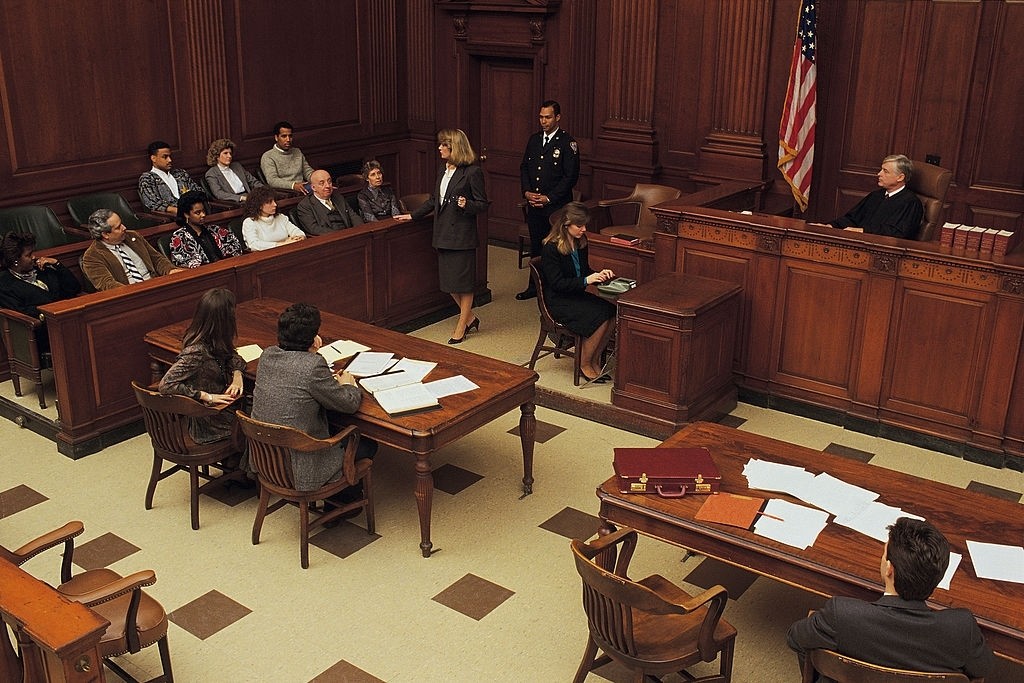The tax assessment and collection process in most foreign countries is markedly different than the process in the U.S. These differences can present a number of challenges for U.S. citizens who reside in foreign countries. In Sotiropoulos v. Commissioner, T.C. Memo. 2017-75, the court considered one of these challenges, namely, how does one determine whether…
Category: Tax
Tax
Find expert tax advice and guidance on all tax matters, including planning, filing, and dealing with the IRS. Give us a call to see how we can help, (713) 909-4906.
Court Considers Economic Substance in S Corp Transactions
The IRS challenges some tax positions by asserting that the transactions lack economic substance. This can allow the government to unwind or ignore transactions that comply with our tax laws if there is no legitimate business purpose for the transactions other than tax savings. There is a growing body of court cases that helps define…
IRS Says Personal Expenses Paid by S Corp. Not Loan Repayments
If a Subchapter S corporation pays its shareholders personal expenses, can the payments be for the repayment of loans not subject to employment instead of wages subject to employment taxes? This is a common issue that has to be addressed when preparing S corporation tax returns. The IRS addressed this in AOD 2017-04 disagreeing with…
Court Says Employer Entitled to Worker’s IRS Records
When the IRS determines that independent contractors are taxed as employees, it is up to the employer to show that the IRS determination is incorrect. One way to do this is to show that the workers paid tax even though the employer did not withhold the tax. In Mescalero Apache Tribe v. Commissioner, 148 T.C.…
Court Decides Transfer Pricing Buy-in Payment Case
The transfer pricing disputes often involve transfers of property offshore. Taxpayers make these transfers so that the post-transfer profits earned from the offshored property are not subject to tax in the U.S. or, in many cases, not subject to tax in the foreign countries either. The U.S. Tax Court recently decided Amazon Inc. v. Commissioner,…
S Corporation Owner Taxed on Earnings Not Distributed
Taxpayers who own an interest in an S corporation are often not familiar with the tax rules for S corporations. They are often surprised to learn that they have to pay taxes on the business profits even if they do not receive distributions from the business. The court recently addressed this fundamental concept in Dalton…
S Corporation Losses Limited by Tax Basis
One of the benefits of Subchapter S corporations is the ability to have losses flow through from the business’ tax return to the individual shareholder’s tax return. These flow-through losses are limited by the shareholder’s tax basis in the S corporation stock. The court recently addressed this limitation in Tinsley v. Commissioner, T.C. Summary Opinion…
Bad Credit Results in No Bad Debt Deduction
When it comes to taking a bad debt deduction, the IRS tends to scrutinize more closely, especially if the loan is from a friend or family member. The courts have developed various factors that they consider in such disputes, including whether the borrower could have secured a loan from a third party. Recently, in Scheurer…
Appeals Court Upholds IC-DISC Roth IRA Tax Strategy
The Sixth Circuit Court of Appeals upheld the IC-DISC Roth IRA tax strategy in In Summa Holdings, Inc. v. Commissioner, No. 16-1712 (2017). This tax strategy allows business owners to sidestep the annual Roth IRA contribution limits, thereby allowing the taxpayers to amass sizable amounts in their Roth IRAs to grow tax-free. The case is…
Discount Loyalty Programs are Not Trading Stamp Companies
Accrual method taxpayers generally must recognize advance payments in taxable income in the year of receipt, because receipt satisfies the all events test. The trading stamp rules are an exception to this all-events test. These rules apply to businesses that have customer loyalty programs. The rules can result in significant tax deferral as they allow…










